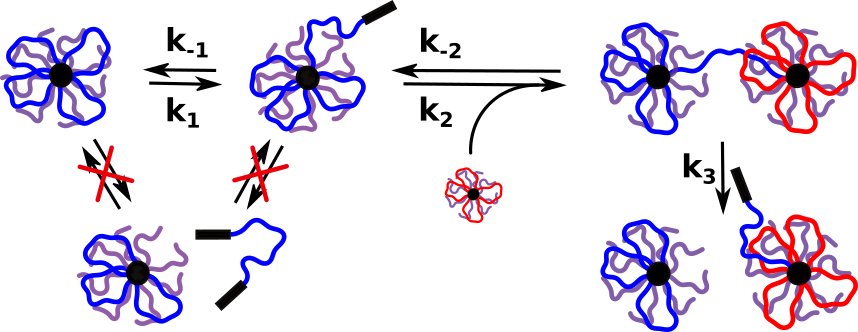Research with neutrons provides unique insights into materials and phenomena that cannot be gained using other methods. From this autumn, a groundbreaking project will ensure the most effective use of the research potential of neutron methods. Funding has now been secured by Jülich neutron researchers together with partners from the Heinz Maier-Leibnitz Zentrum (MLZ). The aim of the Global Neutron Scientists (GNeuS) project is to train a new generation of highly skilled neutron scientists. The EU is funding the project over its five-year duration with € 3.3 million. The three leading partners are investing a further € 5 million. Within the framework of the project, 45 postdocs will for the first time be able to take part in a 24-month structured, interdisciplinary and cross-sectoral international training programme.
European research with neutrons has been at the forefront globally for decades. However, the number of neutron sources in Europe has been decreasing for some years due to decommissioning, resulting in a lack of training opportunities for the next generation of neutron scientists. It is certainly true that large, powerful new sources have been and are still being built, such as the FRM II research neutron source in Garching, or the European Spallation Source (ESS) in Sweden. However, training traditionally often takes place at smaller, less powerful sources in order to ensure the efficient use of cutting-edge sources for research. GNeuS not only brings together existing capacities in a structured way, but also supplements them with interdisciplinary and cross-sectoral competencies, which are essential for the continued success of European research with neutrons.
“It is only through excellent young scientists that we can ensure that major investments in facilities such as the MLZ, the ESS, and also in the future the High-Brilliance neutron Source (HBS) will bring the expected benefits to society and that groundbreaking discoveries will be made that are simply not possible with other probes,” explains Prof. Thomas Brückel, Director at the Jülich Centre for Neutron Science (JCNS). He is delighted to see that in being awarded the funding, the MLZ, with its close connection to both Helmholtz and University, has clearly been recognised as the ideal location for this project.
In addition to the main applicants of Forschungszentrum Jülich, the Technical University of Munich (TUM) and the Helmholtz-Zentrum Geesthacht, who will recruit the postdocs under contract,19 other partners are also participating in the project. Amongst them are leading neutron sources from Europe and Asia, as well as companies and service providers from supporting fields, such as experts in the development and manufacture of components for instruments, international chemical companies, patent lawyers and specialists in science communication. As part of the programme, each postdoc must also gain experience in one such sector.
Furthermore, the GNeuS postdocs can be involved in mentoring PhD students, as well as participants in summer schools and neutron courses, to further develop their teaching and supervising skills.
The first of three application rounds for aspiring young researchers is expected to start in autumn 2021. “Global Neutron Scientists” (GNeuS) is a H2020-MSCA-COFUND-2020 project of the Marie Sklodowska Curie Action Programme within the framework of the “Scientific Excellence” pillar of Horizon 2020. The funding programme aims to promote excellence in the training, mobility and career development of researchers, thus disseminating the best practices of Marie Sklodowska Curie Actions.
For more information, please visit the GNeuS web portal https://gneus.eu.
This project has received funding from the European Union’s Horizon 2020 research and innovation programme under the Marie Skłodowska-Curie grant agreement No 101034266.


